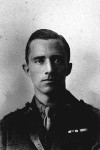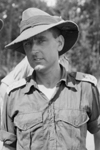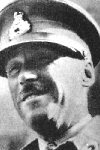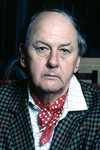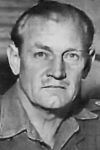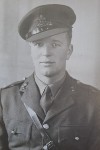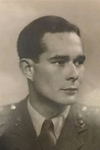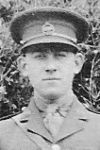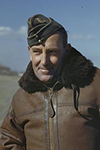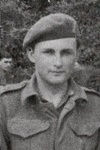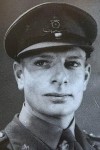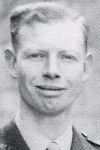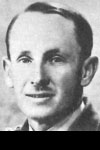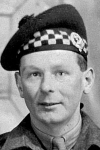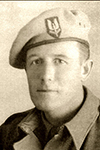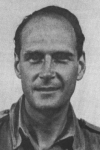Military Cross (MC)
The Military Cross was instituted on December 31st, 1914 as a recognition of distinguished and meritorious service in battle in situations not sufficient to merit the Victoria Cross. The Military Cross can be awarded to commissioned officers of the substantive rank of Captain or below or Warrant Officers. In 1920, the terms were altered to clearly state the award was for gallant and distinguished services in action and that RAF officers could be awarded the Military Cross for gallant and distinguished services on the ground as opposed to flying. On performing a second or subsequent action, the recipient will be awarded a bar to the Military Cross to be worn on the ribbon.
On each arm of the silver-coloured Military Cross is an Imperial Crown and in the centre of the award is the ‘Imperial’ and ‘Royal Cypher’ of the reigning sovereign, GV, GVI or EIIR. The reverse of the award is plain with the year of the award engraved on the lower arm. The white ribbon is 1.375 inches wide with a central vertical purple stripe (0.5 inches wide). The bar is made of silver with a crown in the centre.
During the Second World War, so far as known up till now, a total of 10.776 MC's were awarded to British and Commonwealth military. Among these are 10.271 first awardings, 485 first bars and 20 second bars. It is unknown how many were awarded to foreign military, but until now more then 2.000 are known.
A total of 3,727 Military Crosses have been awarded to Canadians, with 324 first bars and 18 second bars.
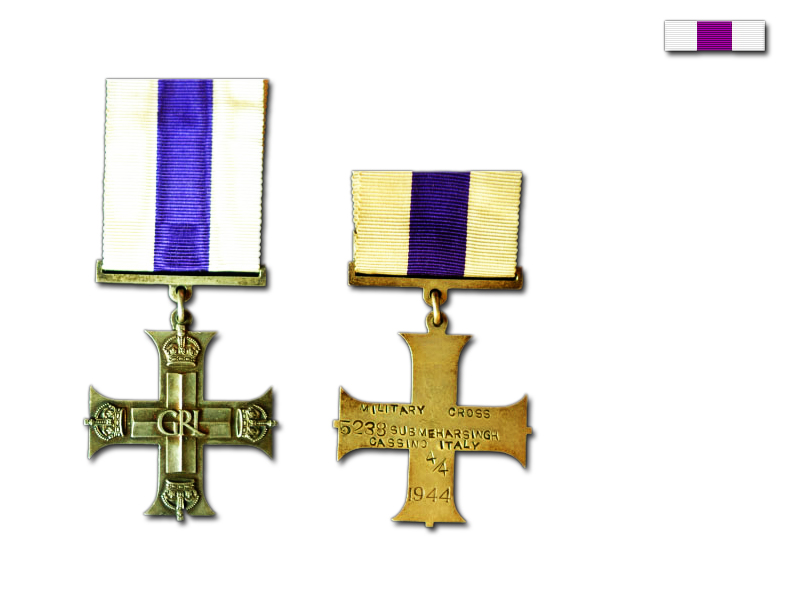
Sources
- Photo: Barry Elkin
- - Dorling H.T., Ribbons and Medals, Philip, London 1974
